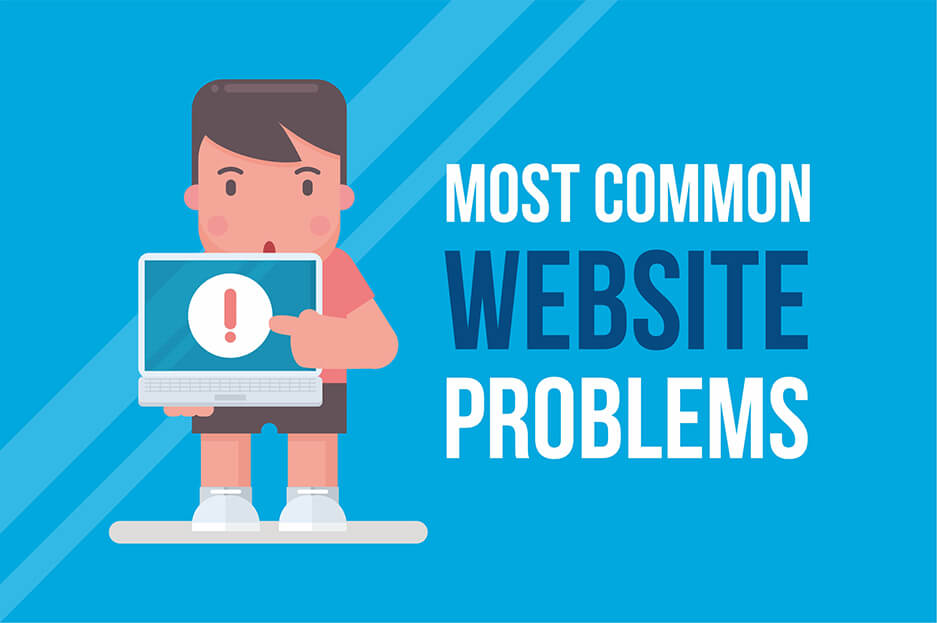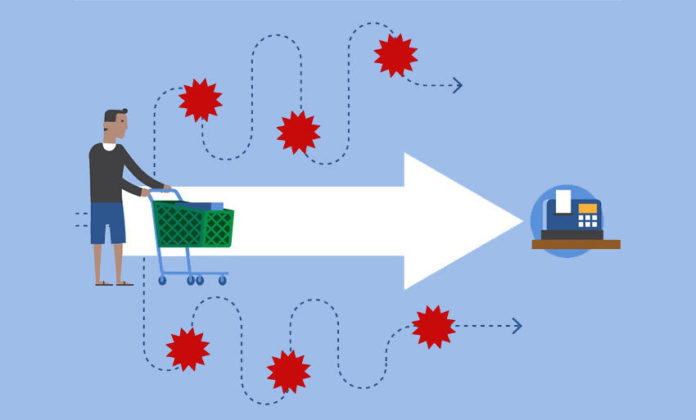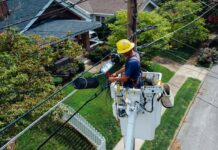SEO is not just about utilizing the right keywords on the website. There are many technical issues which have to be solved in order to make your website to be ranked higher in the search engines. This article explains some technical problems and their fixes which you may face in SEO.
1. Incorrect URL structure:
Normally, web programmers won’t care about the structure of the URL of the website which results in incorrect URL. Sometimes, Content Management Systems generate incorrect URL automatically. Whatever may be the reason, a bad URL structure affects your website badly.
Fix:
To avoid this problem, you should use only lower case characters, avoid empty spaces and underscores, follow the hierarchy of files and folders and avoid dynamic or session ID generation
2. Lowercase and uppercase URLs:
It is a common problem with websites which uses .NET. Servers configured such a way to respond the URL with uppercase, but they don’t redirect or rewrite the URL into the lowercase version. This is the reason for this type of problems. Nowadays, search engines are choosing the recognized version by rejecting the duplicates. But, they are not always doing it. So, you have to correct it by yourself rather than relying on search engines.
Fix:
You can use the URL rewrite module to solve this kind of problems on IIS 7 servers. This tool will let you to implement the lowercase URL. After you do this, a web configuration file will be added that will fix this problem.

3. Addition of query parameters at the end of URLs:
It is a common problem in eCommerce websites. It may happen on all websites but happen more often on e-commerce sites which normally has lots of attributes and filter options (like color, size, price). For example, if the users able to search a product by the color, the URL will be like www.site.com/product-category?color=10. If there are more query parameters included in the URL, there will be a problem of duplicate content. Because the multiple searches in the site will return to the same page. A search engine crawls only a certain amount of your website which depends on your page rank. It will leave a lot of uncrawled pages.
Fix:
Determine which keyword you are going to use and then decide which attributes a user will use to search those keywords. For example, if the users search your site for a specific brand name, create one URL of the landing page which will return to that brand name’s page without using any query. Ensure that those desired URL structures are in the robots.txt. Nevertheless, Google has indexed certain pages on the website, but the above process won’t correct this issue. You have to use the rel=canonical tag to fix the issue by covering up those URLs which you don’t want to be indexed and redirecting those crawlers to the URLs you like to be indexed after modification.
4. Accessible with or without www in the URL:
Some websites may work with or without including www in the front. Either it exists in the same URL or it will direct you to the other version when you entering the URL without www in a browser. This problem will affect the search results for your website. The search engine will consider these two identical URLs as duplication of content and treats it as violation of webmaster guidelines.
Fix:
Use the 301 redirect from one version of URL to other. The other solution which is preferred more is to use an .htaccess file to fix this issue.
5. Multiple home page versions:
It is an issue which can occur in any website, but it affects .NET websites more. If a website has URLs like www.error.com/default.aspx and/or www.error.com/index.html, it may produce more problems for a search engine.
Fix:
First, run a crawl on the website and export the crawl result to a CSV file. Then, do filtration according to META column to see all the versions of your website’s home page. After this analysis, use 301 redirects on all the duplicates of the home page to redirect to the proper home page.
6. 302 redirect vs 301 redirect:
Developers often make mistake in 302 redirects. As a user you will not find any difference between the 301 and 302 redirects. But, a search engine will handle these two redirects differently. A search engine will use a 301 redirect (it is the permanent redirect) to redirect the link to some other page whereas it won’t redirect the 302 (the temporary redirect). Because, it will consider that the main page (302 redirected) will be back after some time.
Fix:
Find 302 redirected website URLs using the deep crawler like screaming frog or IIS SEO toolkit. Then request your developers to change all 302 redirects into 301 redirects.









